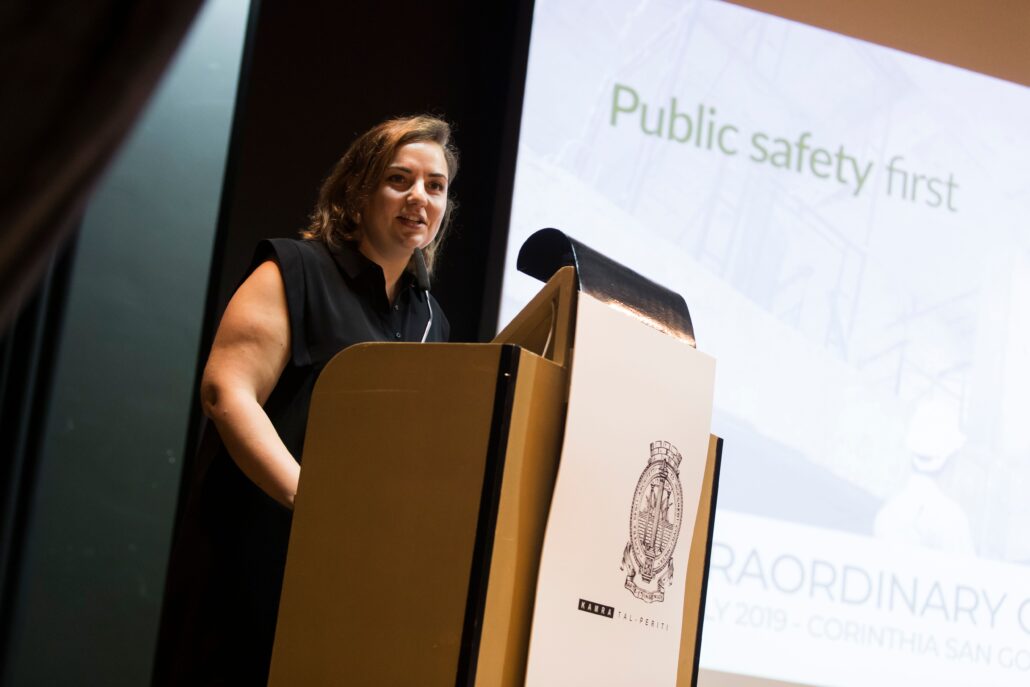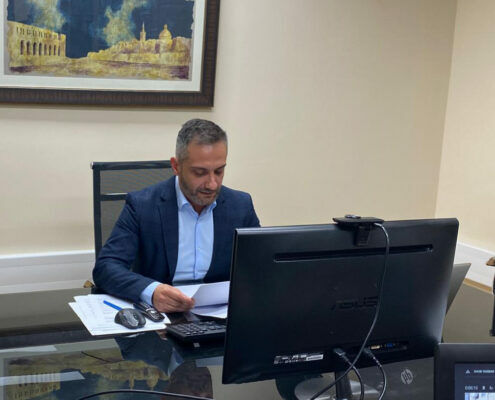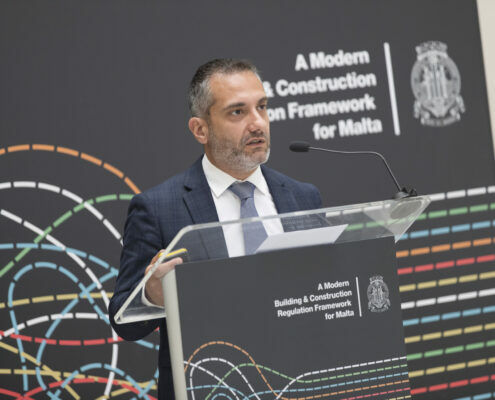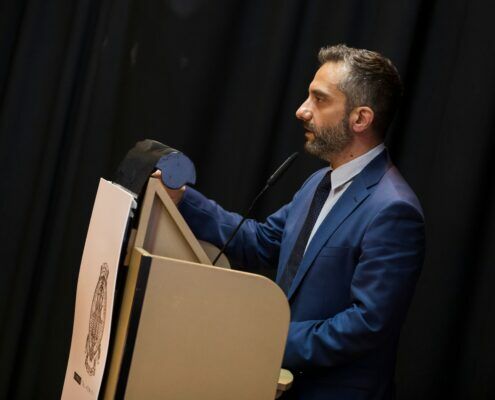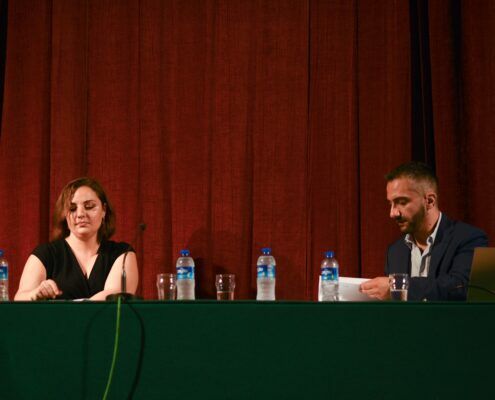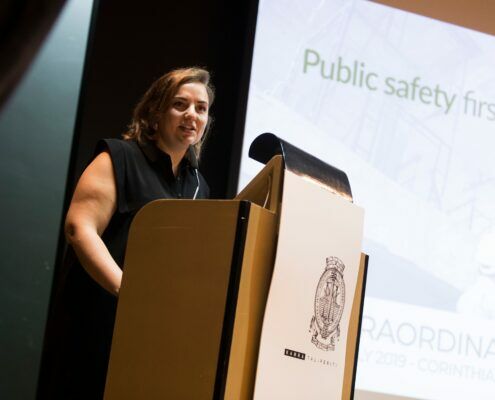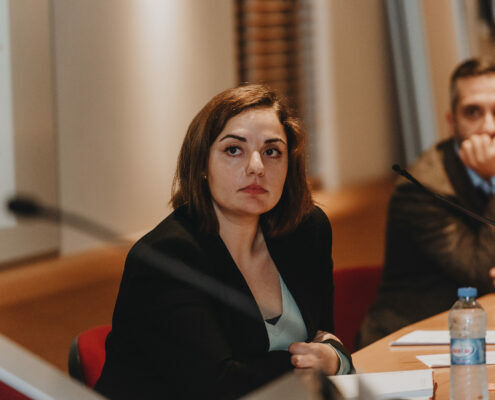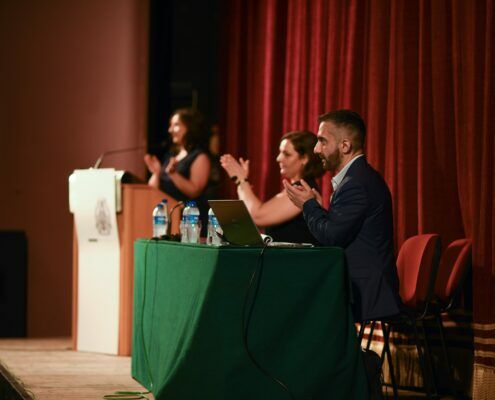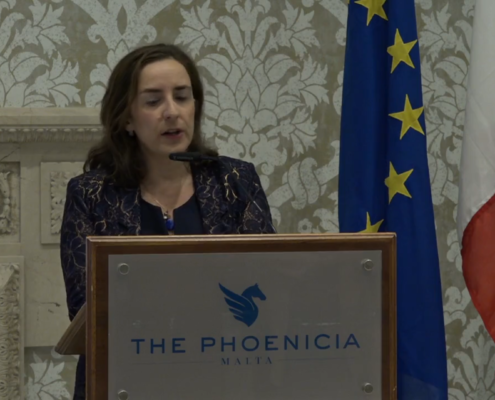CIR 03/24 | BCA Forms Resolution
Following Directive DIR 02/2024, a series of meetings were held with the Ministry of Justice and Construction Reform and the Building and Construction Authority to discuss the need to reduce bureaucracy and eliminate unnecessary forms, so periti can focus on what is truly important for their professional role: high quality design and general site supervision.
Following our final meeting held yesterday afternoon, on behalf of the Council I am pleased to inform you that the form “Declaration to the BCA regarding Third Party Property Condition Reports and Excavation Affected Complexes” has been repealed, and that the situation that existed prior to the introduction of the form has been reinstated. Needless to say, the obligations of developers and periti with respect to condition reports as laid out in S.L.623.06 still apply.
Regarding the other form “Certificate of Insurance”, it has been clarified that this will be replacing the insurance policy document and statutory statement. Thus, going forward periti will only be required to file this certificate declaration, which will be automatically prepared and supplied by the insurers to policy holders.
BCA has also informed us that they are in the final stages of reaching an agreement with local insurers to provide insurance policy renewal notifications directly to the BCA.
Finally, the BCA has accepted to shortly reinstate an exemption form for dangerous structures similar to Form 25c, which had been unexplainedly withdrawn by previous BCA management in 2021/2022. The purpose of such a form is to ensure that in emergency situations related to collapse or imminent danger of collapse, the BCA clearance will be expedited. Updates on a new Form 25c are expected to be announced soon.
We thank the Ministry and BCA for their sensitivity on this issue, and trust that the relationship that has been built in recent weeks will result in further positive improvements in the industry, in the interest of public safety and that of the profession.
As a result of this agreement, the Council hereby notifies all members of the profession that DIR 02/2024 is hereby repealed.


